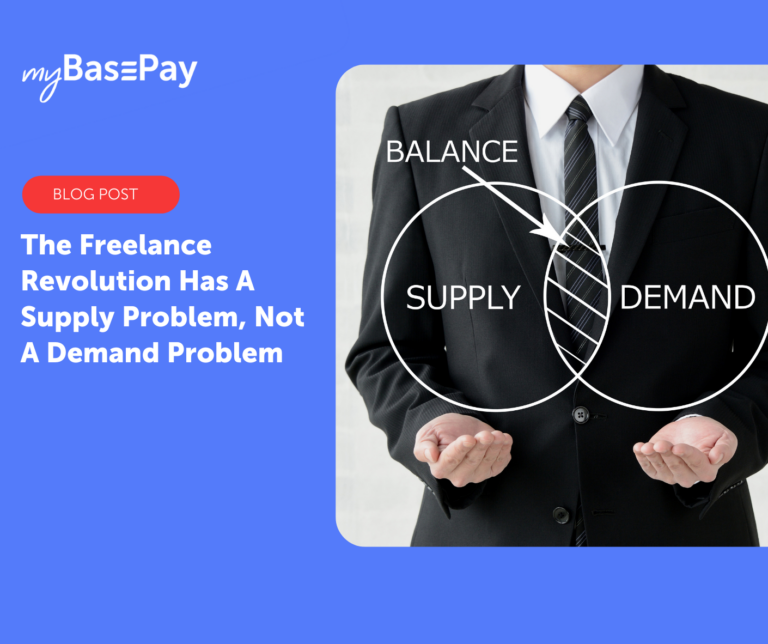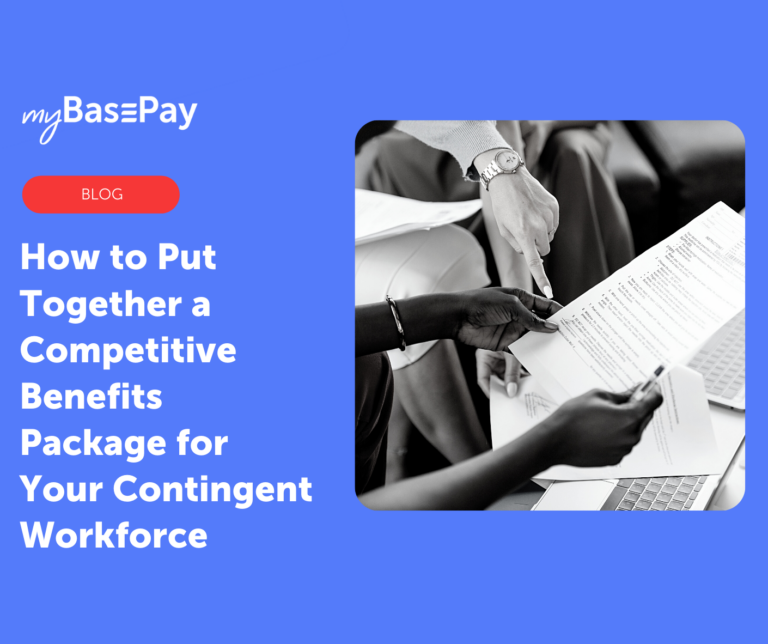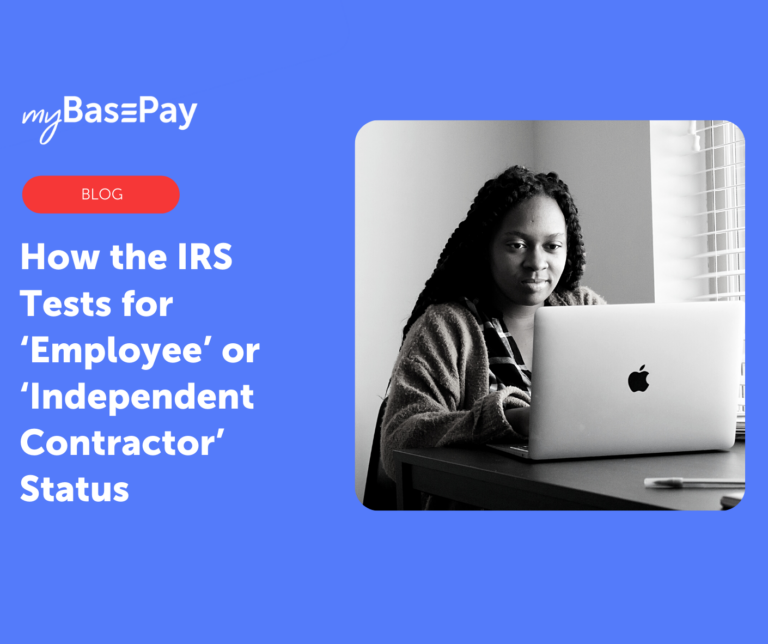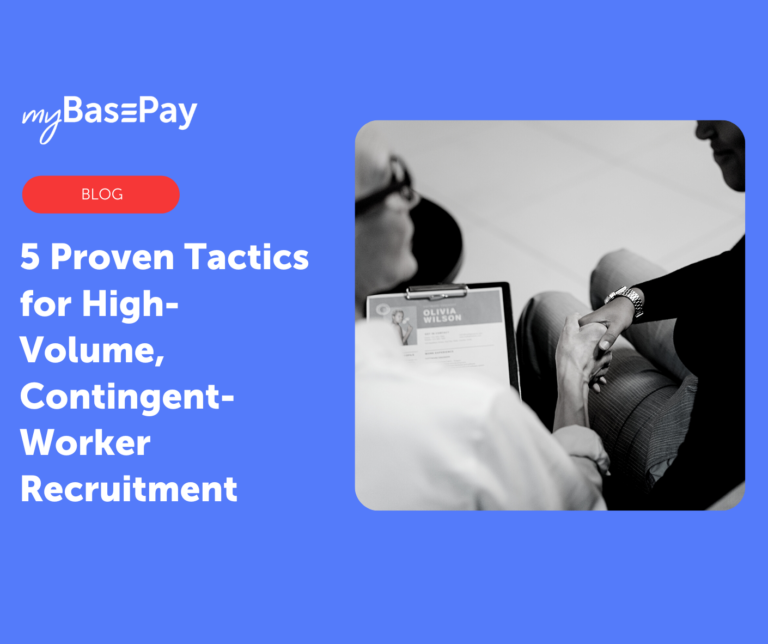3 Reasons Your Prospect Interviews Don’t Work (and 3 Quick Tips for Improving Them)
It’s official: we’ve entered hiring season. The world is looking forward to the post-COVID era, businesses are opening back up, and companies are looking to bring on new team members.
However, the interviewing process can be stressful, regardless of how experienced your recruiters might be. Meeting with people you’re unfamiliar with and narrowing down which candidate is the right fit for your brand is always a challenge. We’ve identified three common reasons why your interviewing process might be failing—and three tips you can implement to solve it.
* Problem 1: Being Unprepared
Many recruiters make the mistake of thinking there’s little to no necessary preparation on their end. However, to acquire top-talent prospects, you must position yourself in a professional and positive light to candidates. While many candidates will do whatever it takes to join your company, they need to feel wanted, and more importantly, valued.
A valued employee is a loyal employee. Showing a candidate that you’re genuinely interested in their experiences and talents can make all the difference to a new hire’s onboarding and integration process. However, if a recruiter or hiring manager walks into an interview ill-prepared, a top-talent prospect may begin to doubt their decision and go with a different company.
* Solution 1: Conduct Research On Your Candidates
The whole point of an interview is to determine whether or not a candidate is good for the role and the company as a whole, and the best way to do that is by researching your candidates.
Just as a candidate needs to research the company before an interview, it’s your job as the interviewer to get to know your potential employees. Showing that you’re invested in their future at the company makes them feel valued and more likely to want to join your team.
Study their resume, make note of their skills and talents, and even if they don’t hit every mark in their list of achievements, be open-minded about how they bring value to the company in other unconventional ways. This will require some effort on your part, but it will help your company stand out to top-talent candidates.
* Problem 2: An Unnecessarily Long Interview Processes
Amidst the modern hiring environment, lengthy interviewing processes are all too common.
Recruiters can leave long silences between interviews and follow-ups that make the entire process drag on for months before finally signing a contract. And by then, the candidate has already lost interest in the position, or simply deemed the job not worth all the time and hassle.
The ideal hiring timeframe should go no longer than 30 days, but it’s more common for it to take over 60 days. Going through multiple rounds of interviews with each manager also tends to elongate the process.
While we encourage being thorough in your research and time with each candidate, spending too long on the nitty-gritty details could mean running the risk of losing the best candidates out to your competitors who are moving at a quicker and more efficient pace.
* Solution 2: Shorten the Cycle
Instead, you should focus on shortening your interview process by asking precise and educated questions. Don’t waste time discussing subjects that don’t pertain to the position or your candidate’s role within the company.
Understandably, a company wants to attract the best talent for their business. The trouble is, so does everyone else. The market for top-talent candidates is already tight, so the only solution is to make your interview process even tighter.
MyBasePay CEO Cesar A. Jimenez offered some advice on the subject during a recent webinar interview: “I feel like organizations need to reengineer the interview process in general. It comes down to having a precise understanding of what a successful interview is and breaking it down to make it as short as possible and get the players within the organization.”
So, what makes a successful interview?
Make a list of questions that directly relate to the role requirements and responsibilities. Study your candidates’ resumes before the interview. Offer relevant scenarios they might face in their job.
These are just a few tips essential for an interviewer to know, but they offer a good starting point. From there, you should be able to flesh out a good conversation between yourself and your top-talent candidate—and take the right steps to hire them accordingly.
* Problem 3: Lack of Communication
Unfortunately, one of the biggest things candidates face in the interview process is a lack of communication from the recruiter or hiring manager. If a candidate sees this breakdown in communication during the cycle of interviews, they’re likely to assume there’s a breakdown in communication within the company, as well.
According to Jimenez, “You’re not just interviewing candidates — they’re interviewing you, as well.” Poor communication during the hiring process can cost you, top talent candidates. To attract and keep candidates engaged throughout this process, it’s crucial to offer the highest quality candidate experience and post-interview communication.
Continued Jimenez, “People have a ton of options today, and if you’re not going to get back to them, there are other companies that are going to take them. The last thing we want to do is lose good talent based on an interview process.”
There is no valid excuse for leaving open-ended interviews. In today’s highly advanced technological society, recruiters can contact candidates through email, text, phone conversation, video calls, and physical meetings.
Additionally, with job-seeking platforms like Glassdoor and LinkedIn, former employees can leave reviews about a company they used to work for. If they experienced communication breakdowns within the company, they’ll likely let others know.
* Solution 3: Be Prompt With Your Feedback
The best way to avoid this interviewing downfall is by establishing a communication method for each candidate. Whether it’s text, phone call, or email, make sure your candidates know how you’ll get in touch with them or how they can reach you.
Also, be clear about the expected intervals between each interview. We know that the precise timing will vary, but establishing a general time frame from which they can expect to hear back from you is important to keep them engaged throughout the process.
And finally, make sure to revisit and encourage candidates that didn’t get the role. Even if they weren’t the right fit for this specific position, they might be the perfect candidate later on.
By letting them know they did well in the recruitment process, your company will likely be the first one they turn to when a future position becomes available.
Author: Cesar Romero
Cesar is the Head of Marketing at myBasePay, where he’s responsible for overseeing the company’s content marketing, community, and partnerships strategy. He also co-hosts The Ivy Podcast where he interviews executives from Fortune 500 companies on executive leadership. When he’s not helping startups with marketing and community strategy, you can find him paying it forward by serving as a mentor for leading organizations like StartingBloc, Hive, and Global Citizen Year.






